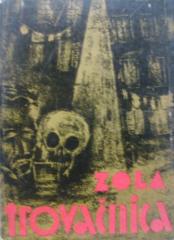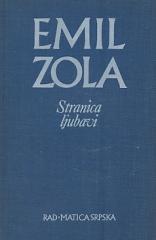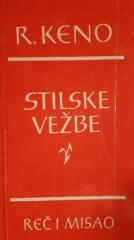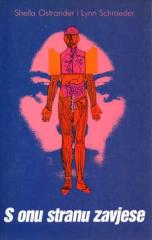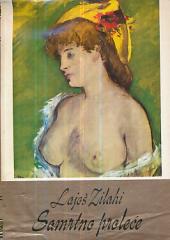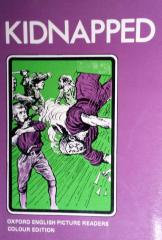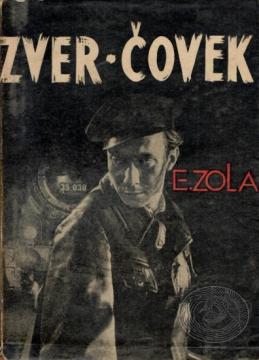
Zver-čovek
Roman istražuje destruktivne sile nasleđa, strasti i nasilja u modernom industrijskom društvu. Radnja se odvija uglavnom na železnici, simbolu brzine, sudbine i neizbežne propasti. „Čovek zver” je prvi opis kriminala u industrijskom svetu.
Glavni junak Žak Lantije, inženjer železnice, nosi naslednu sklonost ka nasilju. Muči ga nekontrolisana želja da ubije žene koje ga seksualno privlače. Iako očajnički pokušava da obuzda svoje impulse, borba sa samim sobom ga sve više razdire.
U središtu zavere je brutalni zločin: Rubo, visoki železnički zvaničnik, zajedno sa svojom suprugom Severin, ubija bogatog i korumpiranog predsednika Grandmorena, njihovog dobrotvora, nakon što je otkrio Severininu aferu sa njim. Žak, slučajni svedok, uključuje se u njihove živote, razvijajući vezu sa Severinom koja ga vodi ka katastrofi.
Pokušaji ljubavi i iskupljenja završavaju se tragično – Severin nagovara Žaka da ubije njenog muža, ali u trenutku slabosti, Žak ubija samog Severina, savladan svojim unutrašnjim demonima. Roman kulminira scenom vozova koji jure ka smrti, van kontrole, noseći vojnike u rat – moćna slika ljudske nemoći pred instinktima i destruktivnim silama.
U "Čoveku zveri" Zola istražuje teme naslednog zla, seksualne opsesije i mehanizama društvenog kolapsa, koristeći naturalistički stil da prikaže mračnu stranu ljudske prirode.
One copy is available
- Blago oštećenje omota
